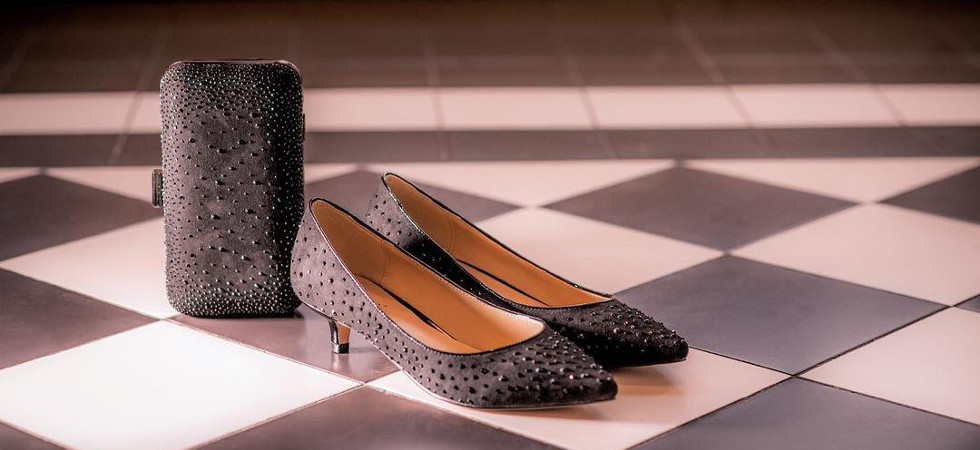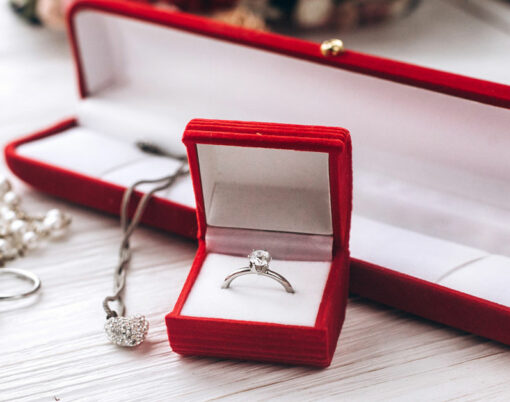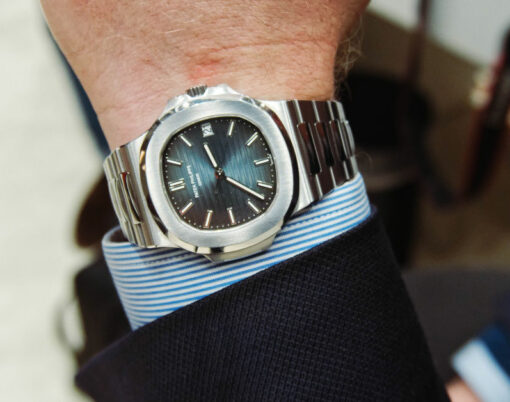Believed to be the oldest British footwear brand, Lotus Shoes has a legacy spanning 260 years. The brand supplies an array of footwear from women’s court shoes to leather ankle boots.
The longevity of a company is heralded as a vouch for quality. After all, it is proof that the company has weathered many storms and changes in the industry and still come out on top as the go-to supplier for so many customers. As a nation, we’re rather proud of Brand Britain and rightly so. Britain has seen some fantastic brands born and bred here, where craftsmanship is often seen as a guarantee of quality.
A walk through history…
1759
The origins of Lotus Shoes can be traced all the way back to 1759, when William Bostock was working as a shoemaker in Derbyshire. His son, Thomas Bostock, would go on to found the first factory for Lotus Shoes. This journey began in 1791 when he was apprenticed to his father at the age of 14 as a cordwainer. A cordwainer differs from a cobbler in that a cobbler repairs shoes, where a cordwainer creates new shoes from new leather. Nowadays, the term cobbler is often used to describe both.
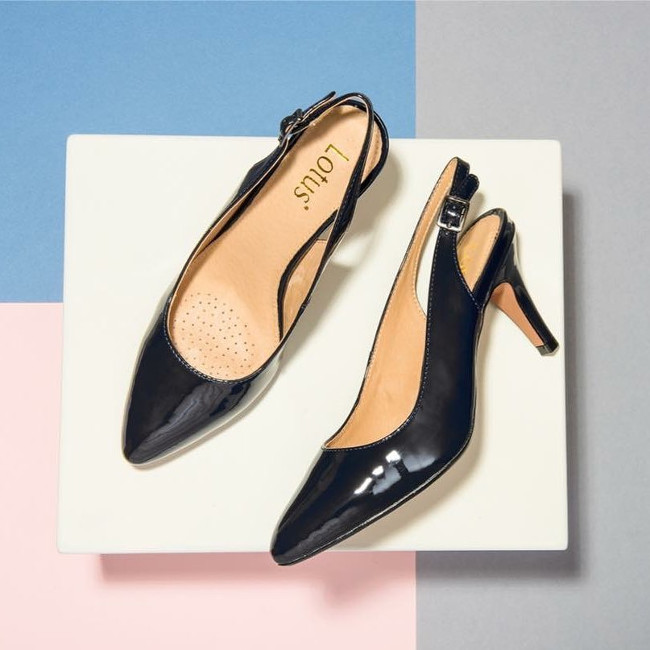
1814
In 1814, Thomas Bostock moved to Stafford to set up his shoe manufacturing business. This brand would later be named Lotus.
Thomas’ three sons; Frederick, Edwin, and Thomas Jr, would later join the business in partnership with their father. Edwin ran the Stafford business, while Thomas Jr set up another branch in Stone.
1834
By 1834, Stafford was the central powerhouse of the shoe industry. There were 53 footwear manufacturers operating out of Stafford and 10% of its population were employed by these shoemakers.
1836
The Bostocks created another branch for their shoe making business in Northampton, with Frederick Bostock running this factory.
1840
Thomas Bostock retired in 1840, leaving his three factories to be run by his sons.
1851
As the shoe industry continued to grow, new technology was formulated to help make the process more efficient. One example of this was a piece of machinery exhibited at The Great Exhibition at Crystal Palace, which could nail units to uppers.
1871
After the death of Thomas Jr, his brother Edwin took over the Stone branch.
1903
Lotus Shoe Makers Ltd was incorporated within the Bostock company, selling ready-made shoes from the company’s three factories. This was a first for the shoe manufacturing sector, as the method up until this point had been to make shoes to order. Having shoes ready-made meant faster delivery and happy customers.

1910
By 1910, Lotus was way ahead of the game when it came to brand awareness. The brand released a series of advertisements in 1911, which focused on pushing brand awareness and showcasing how shoes could be both stylish and functional.
1919
The three factories in Stafford, Stone and Northampton merged to become Lotus Ltd.
1930
Stockists of Lotus were treated to beautiful showcards to use in window displays and in-store. These techniques are still used everywhere on the high street.
1950
In October 1953, the Lotus shoe factory hosted a very special guest. Sandon Road factory welcomed a visit from the Queen Mother, who was accompanied by James Bostock on her tour. Those who had worked for the company for over 40 years were given a special section of the factory yard to stand in during the visit and retired employees were invited to return to their old workplace to meet the royal.
The 1950s also brought ladylike chic to footwear store shelves thanks to Lotus and it’s focus on elegant detailing.
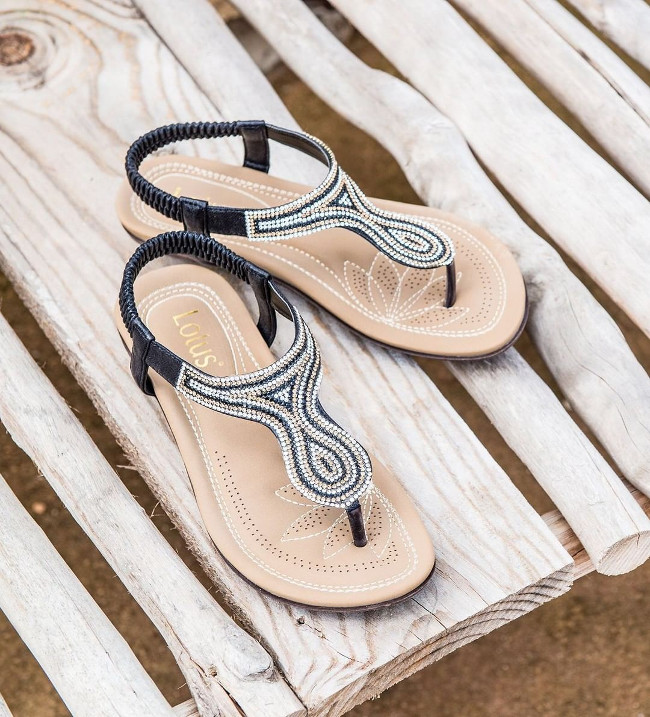
1970
By 1970, Lotus was fully established in Northampton. During this time Northampton became renowned for quality footwear. The high standard of British quality being produced by Lotus caught the eye of Debenhams Ltd, who went on to acquire Lotus in 1973.
By 1978, Lotus was Northampton’s oldest shoe manufacturer. Lotus shoes had been exported to customers all over the world.
1998
The Lotus Stafford factory closed in the late ’90s. The company’s Northampton factory remained as the main factory.
2009
2009 marked the brands 250th birthday!
2019
As 2019 sees the 260th birthday of Lotus Shoes, the brand still holds a loyal customer base both instore and online.
All images in this article were taken from the Lotus Shoes Instagram channel.












